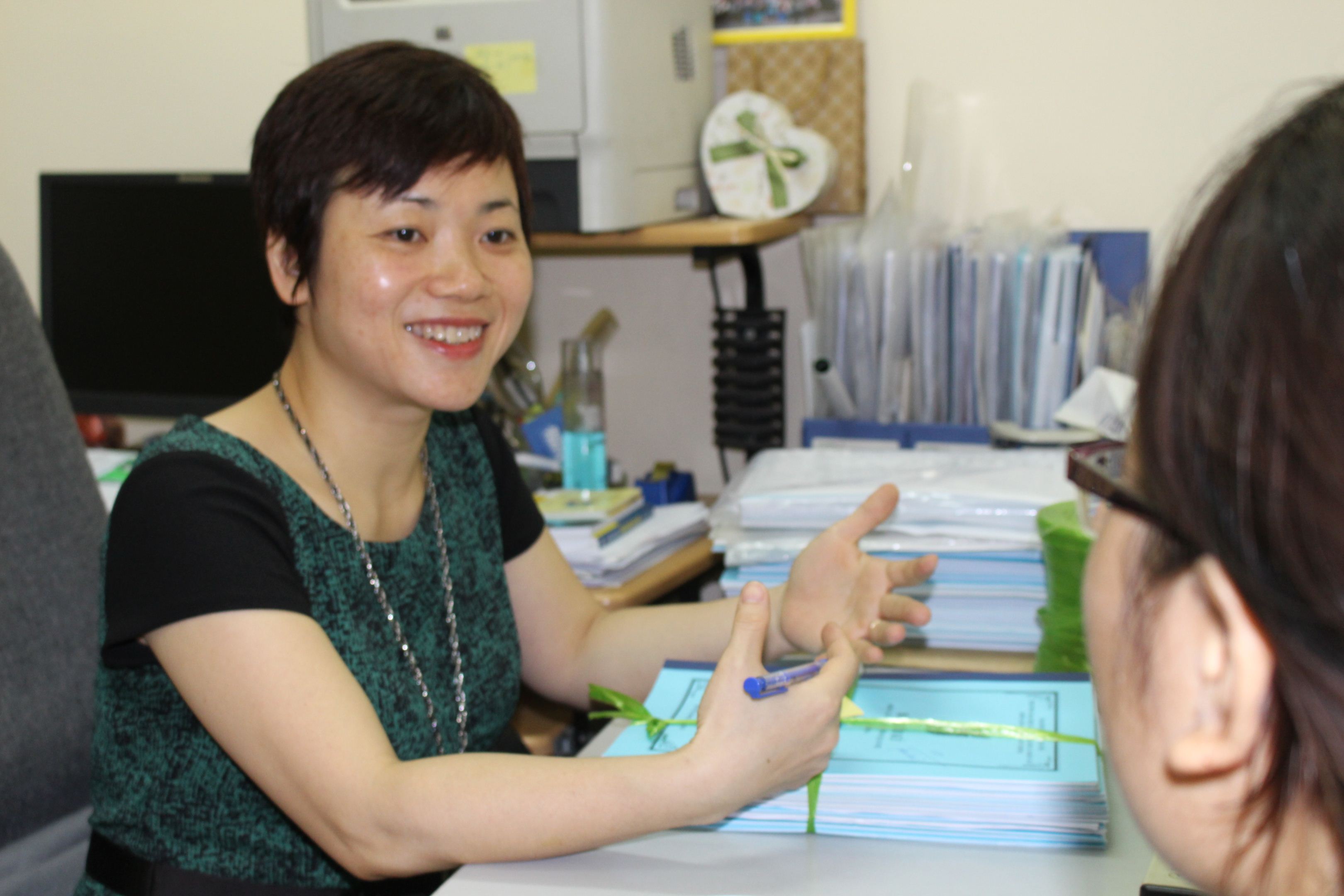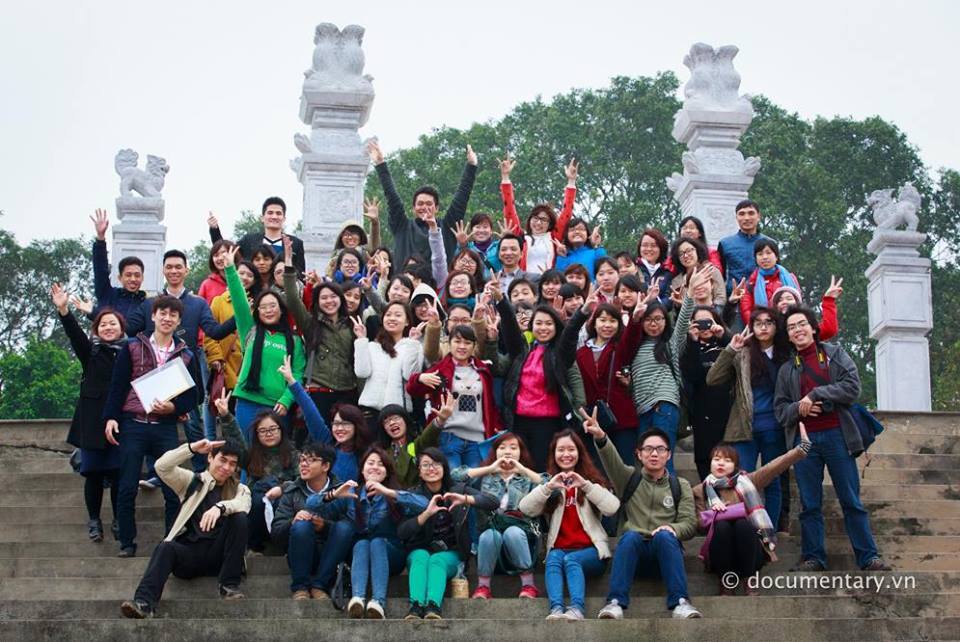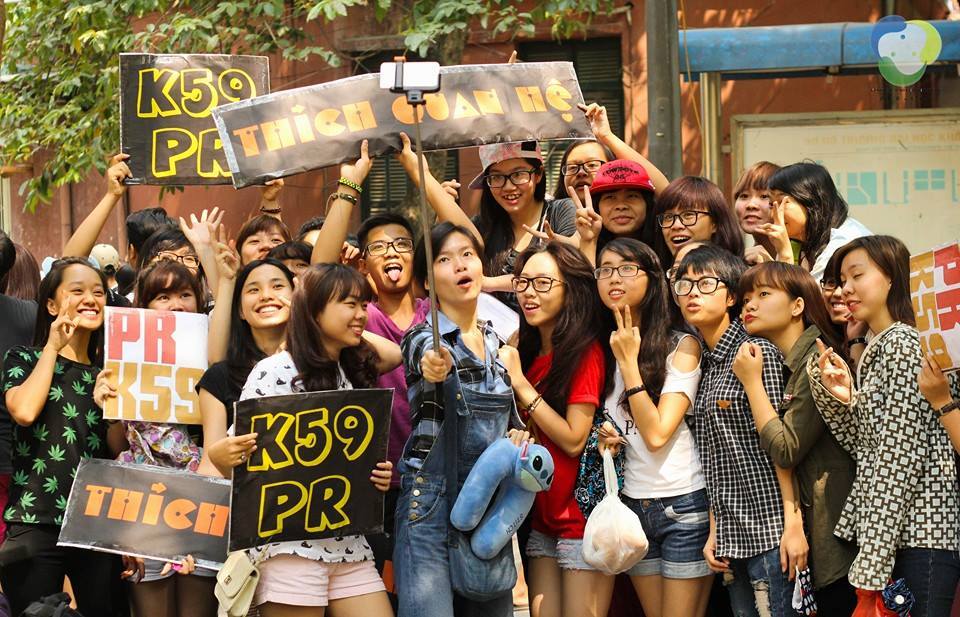
It took 15 years to establish a Public Relations (PR) program at the University of Social Sciences and Humanities.
Indeed, the journey to establish the PR major at the University of Social Sciences and Humanities was a long one, requiring thorough preparation in terms of both resources and capabilities, rather than simply expanding or separating a department from the Faculty of Journalism and Communication. Ms. Huyen recalled the early days of the intention to establish the PR major: “From 1998, we began researching PR when the term was almost completely unfamiliar to many people. Entering the new millennium, the faculty and the university have shown special interest in the development of the department.”BC&TT"The faculty and university leaders at that time were very astute and far-sighted, demonstrated by their high level of determination to build the PR department. I was fortunate to find the opportunity to study abroad to implement this long-term plan. And it wasn't until 2013 that we were able to enroll our first cohort, meaning it took a full 15 years of research and waiting to meet the very high requirements of Hanoi National University."
All of this unwavering determination demonstrates a strategic vision of both the University and the Faculty of Public Relations to meet the rapidly changing media environment in the context of strong globalization, keeping pace with the demand for high-quality human resources for society and businesses, and the need for research in new, dynamic fields within the social sciences. From 2013 onwards, successive cohorts of PR students will enroll at this university, and the time it takes for them to mature and become proficient in their profession will be significantly shortened and less challenging compared to their predecessors.
Challenges for the "pioneers"
Among the crucial factors in establishing a successful training program, the issue of teaching and administrative human resources is the most challenging. Therefore, after decisions from the faculty and the university, Ms. Huyen was chosen to lay the foundation for Public Relations at the university. As a young, dynamic, enthusiastic, and innovative lecturer, she did not shy away from the difficulties and hardships to shoulder this heavy responsibility, which was also an honor. And to bring Public Relations to the Faculty of Humanities, there was no other way than for her to "pack her bags and go," as the domestic environment was not yet sufficient to meet the requirements. She was sent to study and research in South Korea – a country with highly developed professional PR and many cultural similarities with Vietnam. “I feel fortunate to have studied in South Korea, rather than another country, because here I can clearly see how PR has been developed and applied in a practice closely related to my own culture. PR technology, including PR training, cannot be imported ‘as a whole’; it must pass through the filter of the local culture to adapt and be accepted, otherwise it will feel very forced,” she recalled.
She shared: "I don't want to dwell on the hardships of being a woman far from home, but rather emphasize that pursuing in-depth and advanced studies without prior formal PR knowledge was the most challenging and arduous experience I've ever faced."

Associate Professor Dr. Nguyen Thi Thanh Huyen shares her thoughts on the Public Relations major at the University of Social Sciences and Humanities (Photo: Thanh Tung)
Having completed her doctoral program in Public Relations in South Korea (NCS at the Graduate School of Communication, Sogang University, graduating in 2010), she confidently began developing a proposal to open a new program at the university. However, other challenges arose: “How do we demonstrate to training managers the future potential and feasibility of the training program, then establish the necessary infrastructure; translate and develop curricula suitable for the environment and level of Vietnamese students. There is a significant gap between the training environments in Vietnam and abroad. I graduated from a place that was already very dynamic and professional, but upon returning to Vietnam, I had to start from scratch, almost from popularizing and guiding students in the PR field while simultaneously keeping up with the ever-changing international trends. Adapting lectures with examples from Vietnamese practice also took a lot of time. Furthermore, developing the PR field from the Journalism field has many advantages, but we still need to clearly define the core elements and identity of PR, even though the two fields have some similarities.”
In the midst of all the challenges at the beginning, finding qualified personnel for the Public Relations (PR) department is a particularly difficult problem to solve. On the one hand, the University of Social Sciences and Humanities has very high demands regarding qualifications and degrees. On the other hand, society is severely lacking in truly dedicated PR professionals who can devote their time to training, while the job opportunities outside of university in PR are extremely attractive. Ms. Huyen and the Faculty of Public Relations and Communication have been actively seeking collaborators to improve the situation.
Early season flowers and expectations for the future.
Speaking about the two recently enrolled training courses, Ms. Huyen shared: “I went from feeling anxious to proud of these first two courses. After two years, the students in the first course have made significant progress each semester, demonstrating high determination to excel, helping each other, and setting a good example for subsequent courses. That is what makes me happiest.”
“When we take the students to internships at various organizations and businesses, they are very surprised by the students' confident approach and professional demeanor. But besides their positive mindset and teamwork skills, what I appreciate most about the first two cohorts is their continuity and mutual support. This is not only the ethics of a professional PR person but also the identity of the Faculty of Humanities that we are determined to build,” she enthusiastically shared.
With the first two PR courses comprising over 120 students, the Faculty of Communication and Information Technology has had a fairly smooth and logical start to its program. The next step is to upgrade it by seeking support and job opportunities from businesses. This is how effective practical learning environments are created for PR training in Vietnam today.

"Early Season Flowers" - K58 PR during a field trip.
She expressed her expectations: “In 5 or 10 years, with many generations of Public Relations students receiving systematic and professional training like at the University of Social Sciences and Humanities, I believe Vietnam will make its mark on the international PR map. Because PR, like any other profession in Vietnam, needs to aim for international stature in the future.”

K59 – Young and playful PR
Today, when it comes to Public Relations (PR), many young people are no longer unfamiliar with its appeal, the needs it has, and the creativity and strategies that professional PR brings. PR is now an indispensable part of the success of many fields, from politics, education, and media to economics and, especially, human relations. PR is gradually becoming a powerful force, an invisible hand that deeply intervenes in regulating relationships in a globalized world. In this process, PR training is increasingly focused on perfecting professional style, from competence and ethics to identity, as the Public Relations program at the University of Social Sciences and Humanities is pursuing.
Author:Ha Trang - Thanh Tung
Newer news
Older news